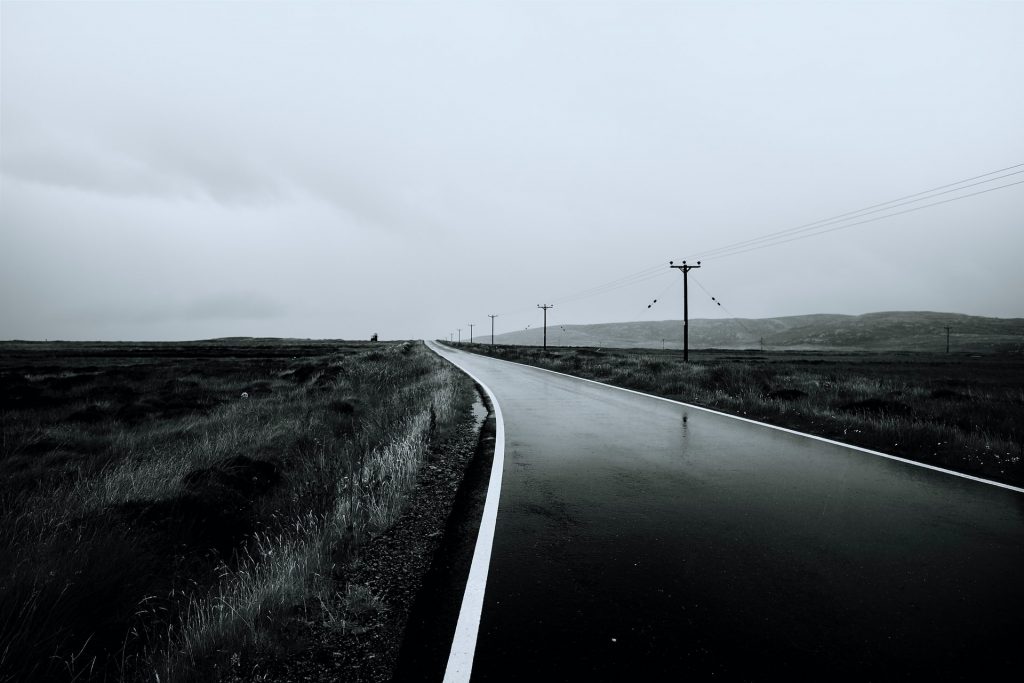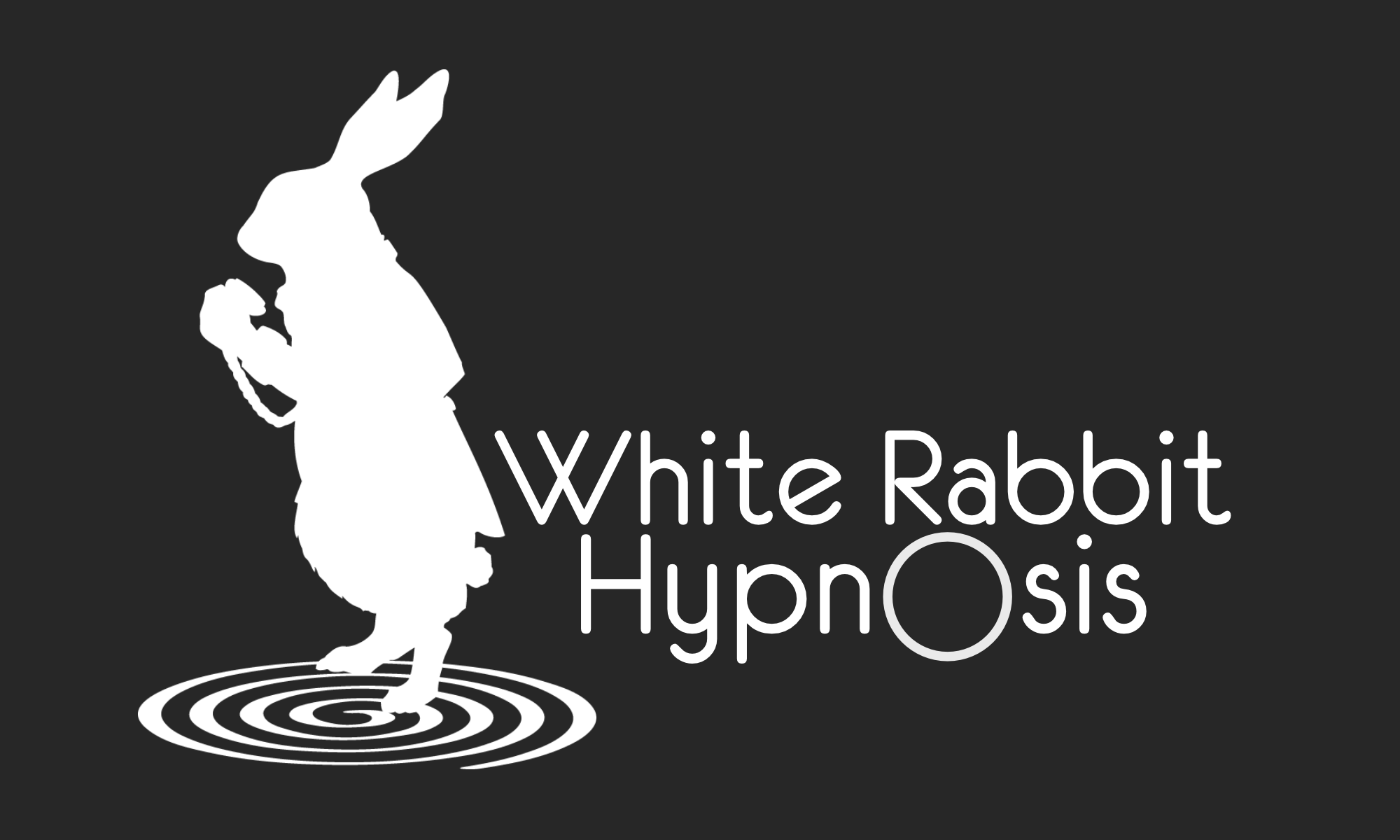In the last blog post, we had a brief, but probably sufficient, exploration of uncertainty. It seems to be the case that uncertainty seems to be an inescapable epistemic feature or our world experience. Beyond that, it’s difficult to make definitive statements about our predicament — we cannot claim (with any sense of certainty) that it is “impossible” to know things, and yet it can be argued that attempts to establish claims of “objective knowledge” have thus far been insufficient and there doesn’t seem to be any suggestion that we can get around the core obstructions.
The philosophical writings of Friedrich Nietzsche, while not quite the nail-in-the-coffin positions of Wittgenstein, portray the world as being devoid not only of certainty, but also of meaning. Nietzsche’s oft-quoted statement that, “God is dead, and we have killed him,” is a statement about the ways we have coldly approached the world and carved it up into abstractions has left us with a world devoid of enchantment.

I agree, and it is a point to which we’ll return later. And yet, this post is not REALLY about Nietzsche, but about where these ideas take us. In the last post, I mentioned that our present discussion would start with a monkey in a lecture hall. Note two things in this little video — the description of the bleakness of the world, and the optimism of the conclusion.
This little piece, from the movie Waking Life, is one we’ll return to again, but first, back to Nietzsche.
Nietzsche expressed the belief that a philosopher should live by example. If philosophy is ever going to be useful, it cannot remain an academic exercise but must be a lived experience. In the wake of Kant’s attempts at objectivity in Metaphysics, Aesthetics, and Ethics, Nietzsche “recommends” a different path. Influenced by the work of Arthur Schopenhauer, Nietzsche established a notion of the “Will to Power” that all living things possessed. It was Nietzsche’s assertion that living things not only wanted to survive, but also to get stronger.

It’s probably a good place to take a pause before establishing another idea or two and finally bringing this back to our actual lives. There are some problematic aspects to the way Nietzsche’s writings have sometimes been interpreted, not the least of which are this notion of “power” as well as the next bit, the Ubermensch, sometimes translated as the Superman.
Some have suggested that this kind of idea, as well as Nietzsche’s concept of the “inversion of morals,” encouraged notions of the “master race” and the “Nazi Superman.” While history is replete with examples of philosophies being weaponized through skewed interpretation, it is pretty clear from Nietzsche’s writings, from his obsession with literature, and his idolization of Goethe as something of a model for the Ubermensch, that Nietzsche viewed the Ubermensch, more than anything else, as an Artist.
The Ubermensch as a general concept is the person that strives and achieves greatness, who becomes their “fully expressed” best self at full power. Any envy we may have of another’s “success” in the world serves as a message to ourselves that we value that thing, and therefore give us aspirations for achievement — a target at which to aim.
Nietzsche was drawn more to the Dionysian than the Apollonian. Metaphorically speaking, he had an artist’s soul, channeled through the persona of the academic — not to create a false dichotomy — or perhaps it could be said that his intended audience was of an Apollonian, but the message was more Dionysian.
“We should consider every day lost on which we have not danced at least once. And we should call every truth false which was not accompanied by at least one laugh.”
― Friedrich Nietzsche
Okay — let’s take a little break from Nietzsche. We’ll return to his stuff briefly to wrap up this “power” bit before we close out this little section, because it is a little bit problematic, the way it is commonly, as if it’s a thing that exists out there by itself, free of context. But before that, let’s take a little look at a quote from Baruch Spinoza, because it brings emphasis to the core issue — the issue of how we live our actual lives.
“After experience had taught me that the common occurrences of daily life are vain and futile, and I saw that all the objects of my desire and fear were in themselves nothing good nor bad, save in so far as the mind was affected by them, I at length determined to search out whether there were not something truly good and communicable to man…”
–Baruch Spinoza, De Intellectus Emendatione
This central observation — all the objects of my desire and fear were in themselves nothing good nor bad, save in so far as the mind was affected by them — is stating, essentially, that it is the way the mind is “affected” by the objects of our desires and fears, not the objects themselves, that drives our “vain and futile” pursuits in daily life.
Stated differently, in the words of our friend David Snyder — everything we do, we do because of a feeling : a feeling we want more of, or a feeling we want less of.
As I’ve stated before, this blog is about living an amazing life, and about the tricks and secrets that can help you do it. As we’ll explore in posts to come, we have much more power over our world experience than we may have been led to believe. And that brings us back around to that problematic word — POWER.
The word “power” has an etymology rooted in the Latin word “possum.” We may more easily recognize another form of that word, “potens” — translated as “to be able to” — as it forms the base of the word “potential” and “potent” among others. Power, like meaning, is always context-dependent. Power is the ability to do … something. But what “something” is worth doing?
I humbly suggest that, in actuality, our primary pursuits and drivers in life are of an aesthetic nature. The feelings we have are the result of some level of aesthetic experience. In the most direct sense, we have all kinds of stories about our experience, about who we are and what we’re capable of. We have stories about what people “deserve” or what’s “fair” and things like that, and when things don’t match up with those stories we experience some kind of sense of injustice, or “narrative dis-satisfaction” in how things are playing out.

We naturally pursue the aesthetic experience — the feeling of rapport of enjoying a dance with friends, foods and beverages that are pleasant to the body and mind, pleasant things to look at whether people or paintings or sunsets — and that pursuit is itself formed and informed in an ecosystem of symbols and stories that tell us what things mean and how to value things.
Nietzsche’s hint of “that which we envy” in others, and by exchanging a word, maybe suggest a target. What inspires you in others, or in the world. What do you find beautiful, and, on that note, what kind of beauty do you want to bring into the world?
Ultimately, power is the “ability to” feel good, because all action seeks that same end — to feel good (better) or to feel “less bad” (um … better). And while we haven’t gotten into the secrets of mastering your own emotions yet, it’s easy to see the preference for the “positive” ones. What percentage of tomorrow would you like to spend being angry or resentful or whatever, if you could choose to feel blissful or amused or something else? We resort to these less-than-pleasant emotions because we feel we have no choice.
Power, best expressed, always maximizes good feelings and circumstances, and allows you to have more good feelings and circumstances in the future. And, the secret that’s not much of a secret : you always have more power when you work with others. The best way to increase your power is to distribute power to those around you, increasing the power of your allies. There will be much more to say about this in future posts — In fact, it deserves a post of its own.
The clockwork universe that replaced the living one, notably with the rise of Newtonian physics, is missing a crucial ingredient — what I’ll call … SOUL. This world is in need of Re-Enchantment, and it begins with re-enchanting your own world, learning to wake up in your own life and become lucid, and being fully engaged in the dynamic experience of your own will to power — to become the most beautiful self you can be, and live a beautiful life.
Life can be lived at the level of Art, and I want to help you do it.
The next stage in our adventure will largely move on from Nietzsche and these philosophers, although we’ll be dropping a reference in from time to time. Our next post will discuss the Nietzsche-an idea of Self-Overcoming, but move very quickly into something I believe has a little more “juice” for my own aesthetic drive — and that’s when we’ll talk about what it means to Do It With A Don!!!
So that’s where we’ll be going next, with a little discussion of “Finite and Infinite Games” on the way, which will be a key to further liberation. Perhaps first you’d be interested in this little teaser from the delightful Alan Watts (animated by After Skool) which can act as a bit of inspiration (or propaganda) for the adventure you’re on.
Best wishes on your ongoing Adventure.
